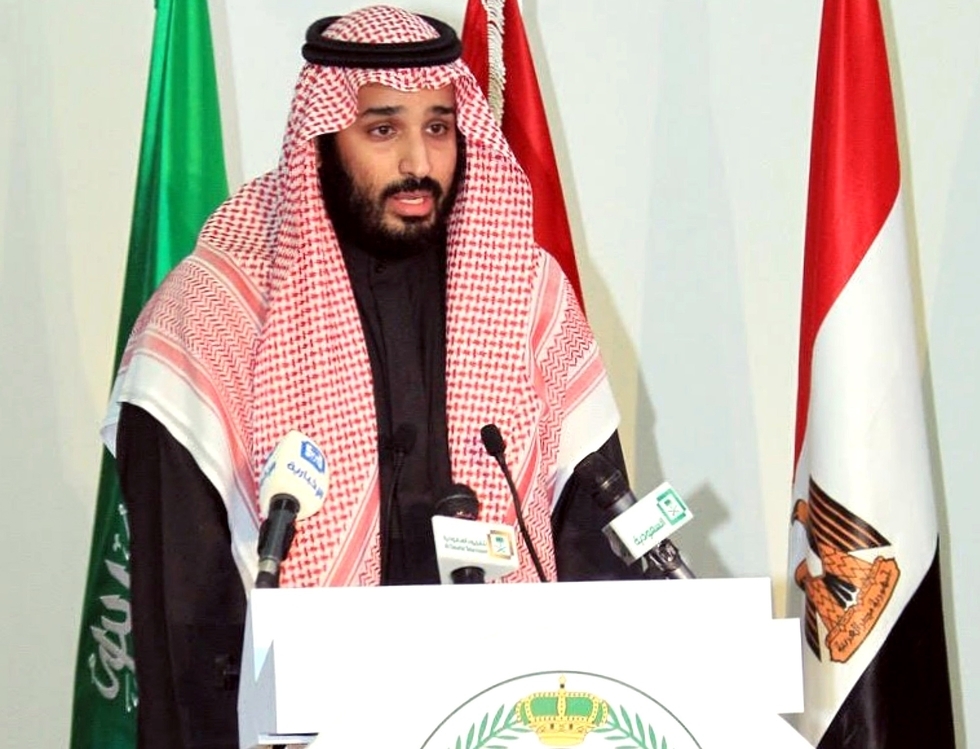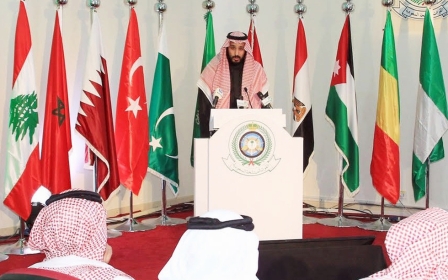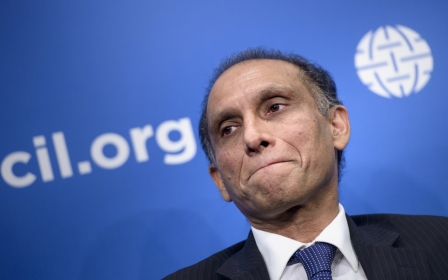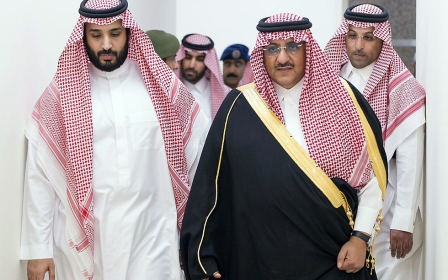New Muslim anti-terror coalition a victim of its own PR

There is a consensus among analysts that the impetus behind the Saudi announcement on Tuesday of a multinational Muslim coalition against terrorism is the perception among some of Riyadh's Western allies, as well as other members of the international community, that the kingdom is either not doing enough to tackle terrorism or is contributing to it.
The announcement came days after US President Barack Obama said Muslims must do more in this regard. If the aim is to counter such criticisms and perceptions, then the announcement is as much a PR strategy as a military one - more so at the moment given the lack of details so far. However, the PR campaign has started off poorly, which will hamper confidence in the alliance's effectiveness.
Pakistan, which has the second-largest population of Muslims after Indonesia, said it was "surprised" at its inclusion as a coalition member as it had not been consulted beforehand. Malaysia, another country Riyadh said is part of the alliance, said it had not formally agreed to join.
Indonesian foreign ministry spokesman Armanatha Nasir said Saudi Foreign Minister Adel al-Jubeir had approached Jakarta twice to ask it to join a "centre to coordinate against extremism and terrorism". However, "what Saudi Arabia has announced is a military alliance". Chief Security Minister Luhut Pandjaitan said later: "We don't want to join a military alliance."
Officials from other member states are reportedly unsure what exactly they are joining, as well as the type and extent of participation. Some have said their agreement was based on assurances that it would not entail any specific commitment.
The confusion and lack of clarity may have arisen from attempts to beef up the number of member states so as to boost the coalition's credibility. However, it is having the opposite effect, looking like a hurried attempt to cobble together an initiative that, while portrayed by the Saudis as a momentous development, lacks the necessary substance to be taken seriously at this stage.
It is not even clear which groups, apart from the Islamic State (IS), the coalition is intended to target. Saudi Deputy Crown Prince Mohammed bin Salman, who announced the coalition, said it would take on "any terrorist organisation that appears in front of us".
This is far too broad to be a proper answer, and would entail fighting on many fronts against myriad enemies - not to mention the difficulty of achieving a consensus among members about what is deemed a terrorist group, and which ones should be prioritised.
Bin Salman said the alliance would coordinate efforts against extremists in Iraq, Syria, Libya, Egypt and Afghanistan, and Jubeir said it would consider providing assistance based on government requests. However, of those six conflict zones, three - Afghanistan, Iraq and Syria - are not members.
Baghdad and Damascus are closely aligned with Riyadh's regional rival Tehran and so would vehemently oppose any involvement by the coalition. Unless it bypasses those governments - which could cause deep divisions within the alliance - it will have no meaningful part to play in the fight against IS in the group's very heartlands.
PR is an essential component of any military campaign, but to succeed it needs to be well thought out. The Saudi PR campaign regarding the coalition looks like a rushed job that begs more questions than it answers - questions that should have been anticipated. This has led to scepticism over the initiative, leaving it the victim of its own PR, and the Saudis playing catch-up to fill in the obvious blanks, much to the delight of its regional opponents.
It is reminiscent of the agreement at the Arab League summit earlier this year to create a unified Arab military force. Lacking fundamental details and a coherent strategy, next to nothing has been heard about it since. It remains to be seen whether this new Muslim coalition will go the same way.
- Sharif Nashashibi is an award-winning journalist and analyst on Arab affairs. He is a regular contributor to Al Arabiya News, Al Jazeera English, The National, and The Middle East magazine. In 2008, he received an award from the International Media Council "for both facilitating and producing consistently balanced reporting" on the Middle East.
The views expressed in this article belong to the author and do not necessarily reflect the editorial policy of Middle East Eye.
Photo: Saudi Defence Minister and Deputy Crown Prince Mohammed bin Salman holding a press conference on 14 December, 2015, at King Salman airbase in Riyadh (AFP/HO/SPA).
New MEE newsletter: Jerusalem Dispatch
Sign up to get the latest insights and analysis on Israel-Palestine, alongside Turkey Unpacked and other MEE newsletters
Middle East Eye delivers independent and unrivalled coverage and analysis of the Middle East, North Africa and beyond. To learn more about republishing this content and the associated fees, please fill out this form. More about MEE can be found here.





